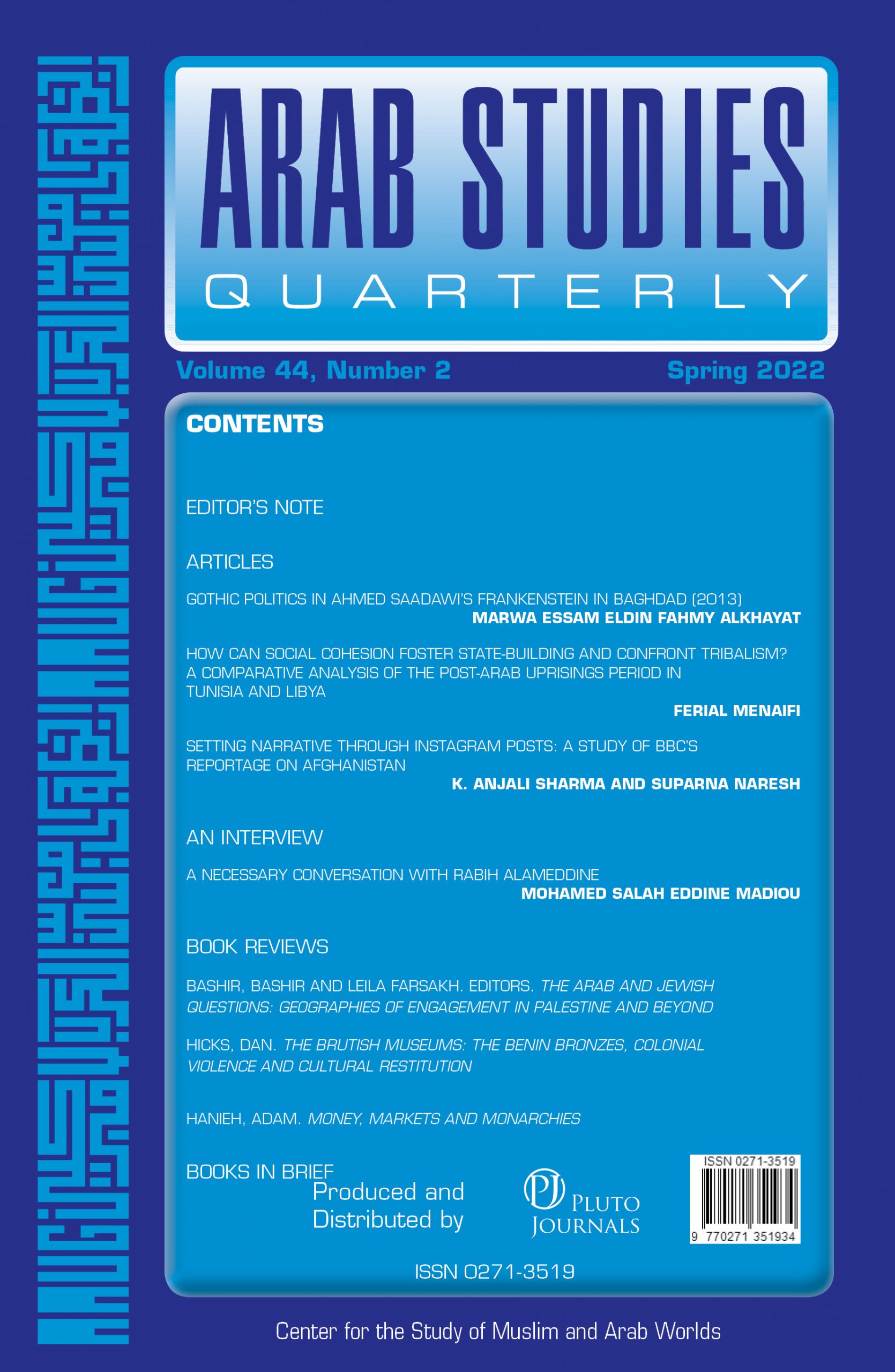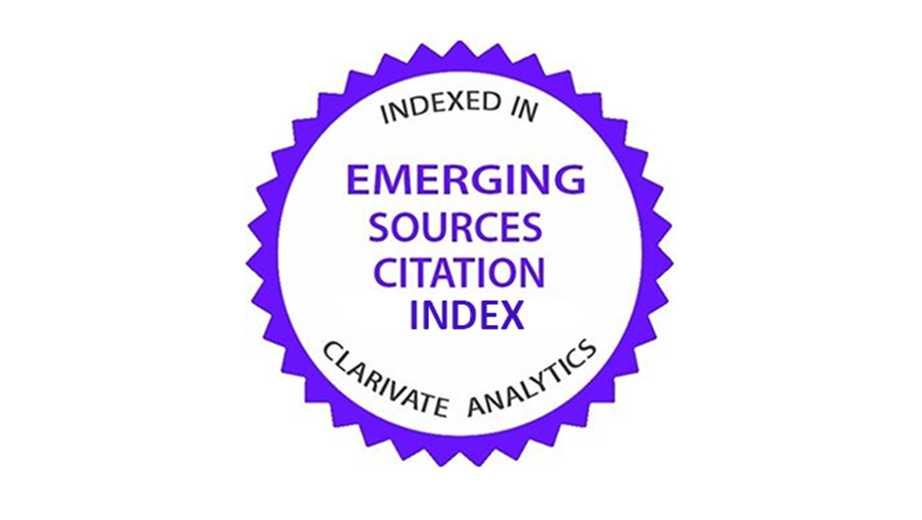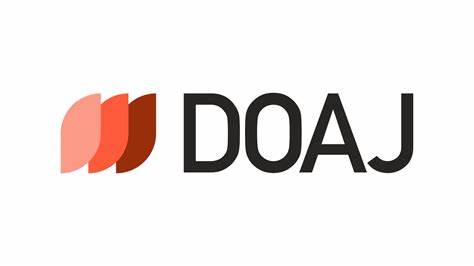
Arab Studies Quarterly
Arab Studies Quarterly (ASQ) was established in 1979 by the late Professors Edward Said and Ibrahim Abu-Lughod. They envisioned the Journal to be a platform for academic research to counter anti-Arab propaganda veiled by academic jargon. Since its inception, ASQ has been a refereed academic journal that publishes articles on the Arabs, their history and social and political institutions.
Print ISSN: 0271-3519
Online ISSN: 2043-6920
Arab Studies Quarterly (ASQ) is a quarterly, double-blind, peer-reviewed scholarly journal published by Pluto Journals on the Arabs, their culture, history and institutions. Founded in 1979 by Edward Said and Ibrahim Abu-Lughod, ASQ is one of the oldest journals focusing on Arab peoples and societies. In 2021, the journal became Open Access making all issues since 2008 open to the public and free to access.
ASQ publishes original articles, review essays and book reviews on the Arabs, their history, culture and institutions. The Journal is intended for academics, students and individuals interested in Arab and Middle Eastern affairs.
Editorial Board:
Editor:
Ibrahim G. Aoudé, University of Hawai‘i-Mānoa, Honolulu
Associate Editor:
Liana M. Petranek, University of Hawai‘i-Mānoa, Honolulu
Book Review Editor:
Salam Mir, Independent Scholar, U.S.A.
Assistant Editors:
Tahrir Hamdi, Arab Open University, Jordan
Rami Siklawi, Independent Scholar, Lebanon
Board of Editors:
Salam Al-Rawi, AAUG
Ibrahim G. Aoudé, University of Hawai‘i-Manoa, Honolulu
Fouad Moughrabi, University of Tennessee, Chattanooga
Ahlam Muhtaseb, California State University, San Bernardino
Jamal R. Nassar, California State University, San Bernardino
Ghada Talhami, Lake Forest College, Emeritus, Chicago
Janice J. Terry, Eastern Michigan University, Emeritus, Chair
Advisory Board:
Nabeel Abraham, Henry Ford Community College
Baha Abu-Laban, University of Alberta
Jaqueline Ismael, University of Calgary
Tareq Ismael, University of Calgary
Jamil E. Jreisat, University of South Florida
Rashid Khalidi, Columbia University
Afaf Mahfouz, Society for International Development and the Washington Psycho-Analytic Society
William Quandt, University of Virginia
Please see the submission guidelines here.
Editorial Office: Ibrahim G. Aoudé, aoude@hawaii.edu
Department of Ethnic Studies,
University of Hawai‘i-Mānoa,
Honolulu, HI 96822.
Books for Review: should be sent to the Book Review Editor, Salam Mir, at salamd21204@yahoo.com
Publisher: Pluto Journals, evek@plutojournals.com
The Journal is published quarterly in February, May, August and November. The print Journal is archived at East Michigan University, East Lansing, and the electronic Journal is archived in Portico. The Journal is indexed in Scopus and the Emerging Sources Citation Index. Arab Studies Quarterly is housed in California State University San Bernardino’s Center for the Study of Muslim and Arab Worlds.
The journal is Open Access and the Open Access statement, Open Access license terms, copyright terms as well as a statement on its absolute lack of author charges can be found here.
The journal became Open Access on 1 January 2021 and is published open access on ScienceOpen. All journal material published from 1 January 2008 is also published, open access on ScienceOpen. This means the Reuse rights of published material is all under the open CC BY 4.0 license as stated here.
The journal adheres to the ethical standards endorsed by the Committee on Publication Ethics. In particular:
- We expect all authors to state in their article if they have a conflict of interest which could
potentially bias their opinions – for example funding or employment. - All named authors on the articles should confirm that they have jointly participated in the research and writing of the article, and that no author has been omitted from the list of authors.
- We require authors to warrant that their articles are original, have not been previously
published, and do not plagiarise or otherwise copy someone else’s work without attribution. (If the article is a translation, we are happy to consider this for publication but the authors must inform the editors on submission). - We also require authors to warrant that their article does not defame, libel, or bring another
person into disrepute, and neither does it contain anything illegal (e.g. copyright infringing).




